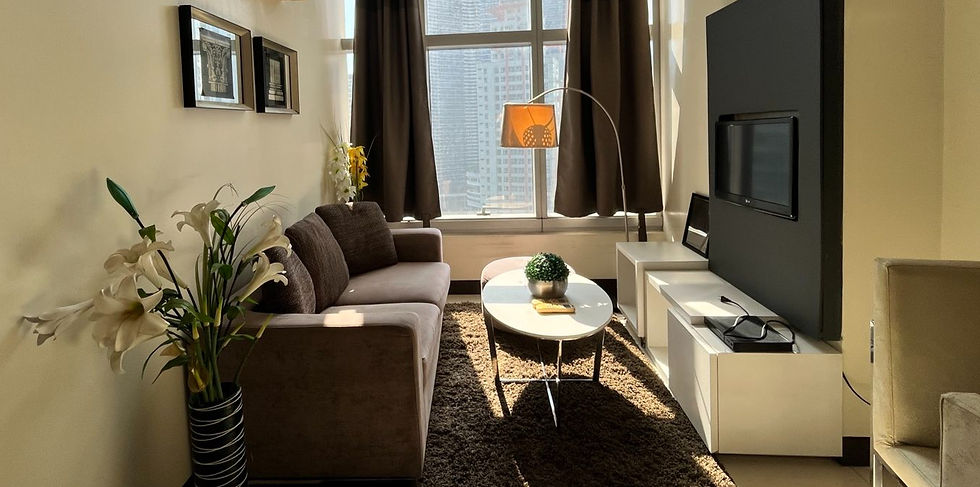Manila's Rental Market Discovery: A Closer Look at the Ever-Growing Real Estate Demand
- bedandgoinc
- 2024年5月17日
- 読了時間: 2分
Date: May 17, 2024
Manila, the pulsating core of the Philippines' business realm, has ascended as a prime location for residential properties. Favored by local professionals for its proximity to major workplaces and by expatriates seeking a comfortable living environment, Manila offers diverse residential opportunities.
Condominiums near Manila’s central business districts (CBDs) are particularly attractive to investors looking for robust returns in a dynamic rental market. As the most extensive CBD in the country, Manila attracts a considerable number of foreign nationals, enhancing the city's vibrant and diverse demographic fabric.
Recent statistics from the Philippine Statistics Authority show a continuous increase in foreign and multinational corporations in the region, with numbers rising to 17,270 by early 2022, up from 13,553 in 2018. Additionally, over 50,000 expatriates were granted alien employment permits in the National Capital Region in 2022, according to the Department of Labor and Employment’s Bureau of Local Employment. The expatriate demand in residential leasing, especially in Manila’s CBDs, is largely fueled by professionals working in sectors like business process outsourcing (BPO), shared service centers, and various international industries.
Manila's attractiveness for global businesses is underscored by its investor-friendly policies, sophisticated infrastructure, and convenient accessibility. Home to numerous embassies and consulates, Manila serves as a strategic base for the diplomatic community, offering a welcoming environment for international residents.
Four Key Points About Manila's Rental Market:
Demographic Influence: The rise of global nomads and a significant expat community in Manila expands the rental market, with a marked preference for properties close to business hubs, where tenants are willing to pay more for convenience.
Market Dynamics: Understanding the intricacies of the residential rental market is crucial for stakeholders, including investors, government bodies, and tenants. The demand for properties near business districts, driven by young professionals and expatriates, highlights a shift towards lifestyle-oriented living spaces.
Trend of Fully Furnished Unit: There is a growing trend towards fully furnished apartments and condominiums. This demand is propelled by transient workers and those who favor ready-to-move-in setups that offer ease and comfort.
Digital Transformation in Real Estate: The real estate sector has been transformed by digital platforms that streamline the property search, viewing, and leasing processes. This technological advancement aligns with the preferences of a digitally-inclined population, influencing market trends and interactions.
The rental market in Manila, emblematic of broader trends in the Philippines, continues to evolve, presenting a mix of challenges and opportunities for all parties involved. As the city's landscape dynamically adapts to the increasing demand, Manila stands out as a central player in the thriving Philippine real estate sector, making it an intriguing prospect for future investments and residential choices.
Reference:













コメント